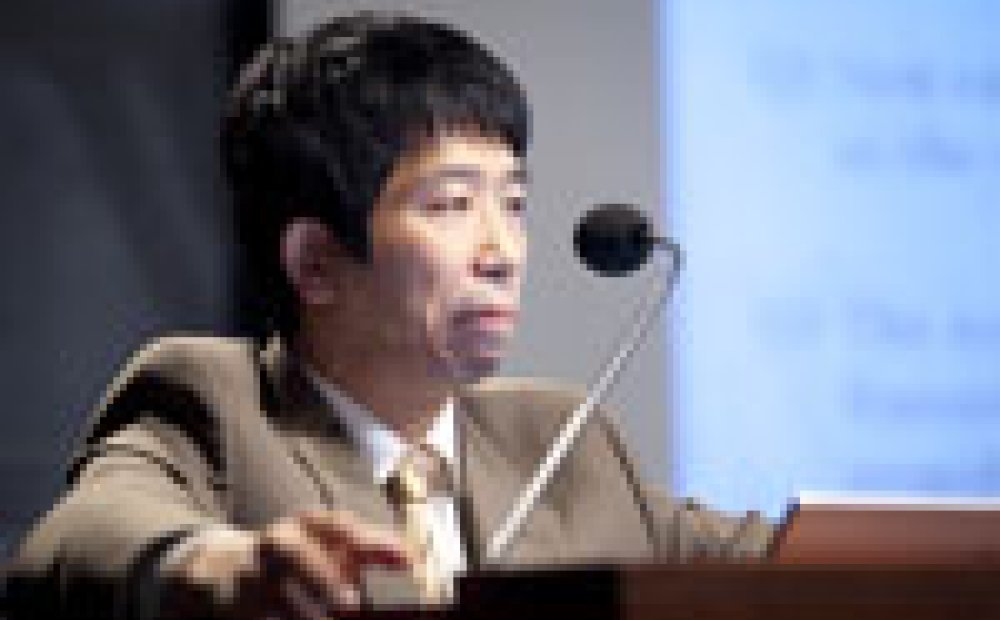Moscow's Energy Strategy Toward Northeast Asia: Can Russia Realize Its Potential?

"Can Russia use energy as a leverage to strengthen its power in Northeast Asia?" asked Shoichi Itoh, Associate Senior Researcher, Economic Research Institute for Northeast Asia (ERINA), Niigata City, and Visiting Fellow, Russia and Eurasia Program, Center for Strategic and International Studies. At a Kennan Institute lecture on 1 February 2009, Itoh discussed opportunities and obstacles for Moscow's eastward energy expansion.
Itoh detailed several reasons for Russia's eagerness to advance east: a decline in western Siberia's energy potential, the geopolitical weakness of eastern Russia's regional economic backwardness, the new energy market opportunities opening up in the Asia-Pacific, and the use of the "Asia card" against the EU and the West.
Looking eastward prompted the development of the Sino-Russian Eastern Siberian – Pacific Ocean (ESPO) crude pipeline project. In 2004, ESPO became an official national undertaking in Russia, but Moscow wavered on a pipeline to China until the financial crisis hit in 2008. Russia and China signed an intergovernmental agreement providing for a spur pipeline to be completed by the end of 2010, 15 millions tons of crude deliveries per annum to China for twenty years, and $15 billion in loans from China to Russian oil and pipeline companies.
Russia's energy cooperation with China and Japan involves only non-lucrative upstream projects in eastern Siberia, i.e. exploration and development so far. Eastern Siberian oil fields are vastly untapped because small and medium-sized deposits are geographically dispersed. Itoh stated that tapping these resources would require an immense investment of capital – approximately one-third of Moscow's federal budget – and presented big investment risks because of climate conditions, technological difficulties, and a lack of socioeconomic infrastructure and transparent legal frameworks.
"Time is running out for Russia," said Itoh, adding that Russia has great potential in expanding eastward if it would only de-geopoliticize its energy strategy. Russia's "mindset of paranoia" when it comes to China is "the biggest bottleneck," concluded Itoh.
By Larissa Eltsefon
Blair Ruble, Director, Kennan Institute
Speaker
Associate Senior Researcher, Economic Research Institute for Northeast Asia (ERINA), Niigata City
Hosted By

Kennan Institute
The Kennan Institute is the premier US center for advanced research on Eurasia and the oldest and largest regional program at the Woodrow Wilson International Center for Scholars. The Kennan Institute is committed to improving American understanding of Russia, Ukraine, Central Asia, the South Caucasus, and the surrounding region through research and exchange. Read more
